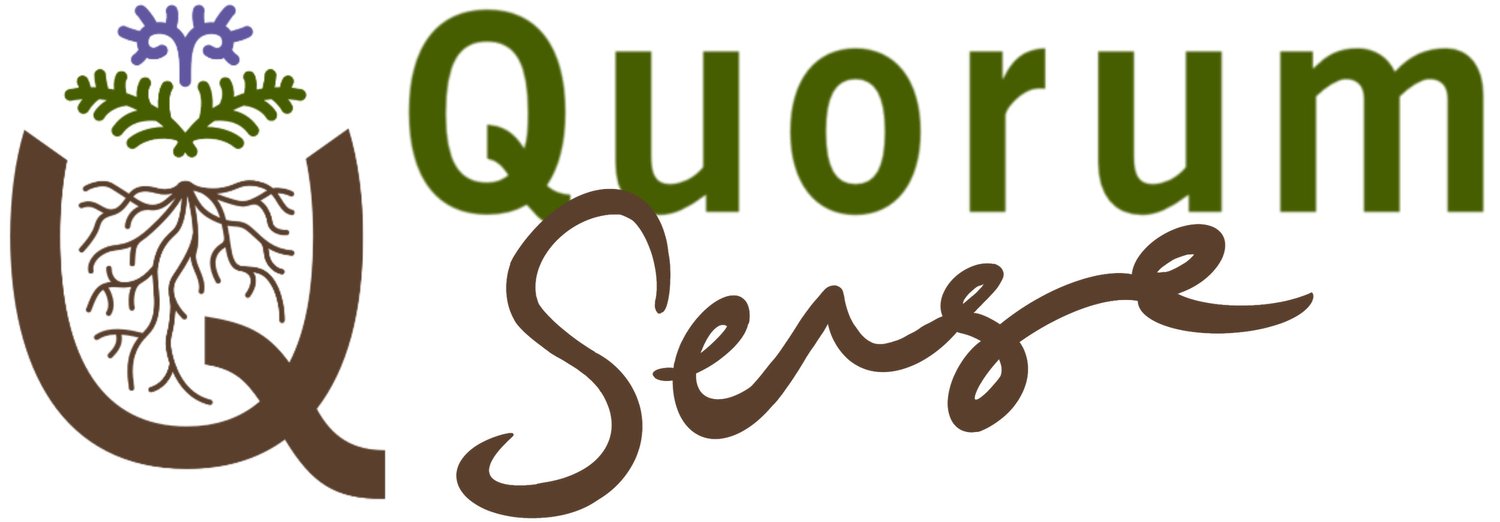Russ & Charlotte Heald
Heald Farm, Norsewood, Manawatū
Russ and Charlotte have owned their farm since 2013; Russ grew up in the area but not on that farm.
They had come to a point in their business where something had to change as they were just treading water running a conventional system. They started looking around to see what else they could do and that’s when they came across the system they currently operate under.
They describe their farm as a low stress and very resilient grass-based system.
The thing that has most surprised them throughout their transition was just how quickly things started to turn around after making changes.
Key people on their learning journey have been: Greg Barclay from Soil Connections, Nicole Masters from Integrity soils, and Greg and Rachel Hart from Mangarara Family Farm.
Farming practices
The Healds are utilising a range of regen practices including diverse pastures, mixed species crops, long rotations, delayed grazing, deferred grazing, no synthetic fertilisers, no pesticides or herbicides, natural based fertilisers and biological fertilisers.
Their grazing management is high-density, 30+ day rotations and they utilise delayed and deferred grazing. They don’t use external feed inputs although they use home grown feed through the shoulders of the season when needed.
Soil testing has shown that they have a lot of minerals and trace elements available in their soils.
Cows are offered loose licks with different minerals and trace elements. The Healds utilise homeopathic products, tinctures and salves for topical use on the cow’s udder.
Environmental Stewardship
All waterways are now fenced off and planted. Since being on this farm, the Healds have planted over 20,000 trees and shrubs in wetland areas, fence lines and low production sites.
By increasing water holding capacity and water infiltration rates in their soil alongside cutting out the use of synthetic fertiliser, the Healds are reducing their environmental impact.
Changes / Benefits
Their soil now has a much darker appearance and is more free-draining and holding on to more moisture.
There has been a massive behavioural change in their cows alongside less mastitis, lower empty rates (now 5-8%) and an increased (90%) 6-week in-calf rate.
The Healds have increased profitability, increased animal health, more resilience and a healthier eco system
EBITDA (Earnings before Interest, Taxes, Depreciation, and Amortization)
Looking Ahead
The Healds would like to develop an on-farm education hub.
Biggest Challenge
Pasture management in the early stages of transition.
What’s one thing you’ve learned that surprised you?
How important air is in the soil
How low cost and simple this system can be
What would you do differently if you started again?
Plant multispecies earlier
Advice to others considering the transition
Go and see it happening!



